The Royal Navy has awarded a £41 million five-year Fleet Helicopter Support Unit (FSHU) contract to Dorset-based small-medium enterprise HeliOperations, creating 15 new jobs and sustaining 80 existing roles, according to a press release.
The agreement, placed in July 2025, will see HeliOperations supply two Leonardo AW139 helicopters, along with technical support, maintenance, pilots and crew, to replace the single Dauphin N2 currently used. Operating from Portland from spring 2026, the aircraft will provide maritime rotary wing support for Fleet Operational Standards and Training (FOST) and other aviation tasks, including transferring personnel and equipment to warships.
The contract includes a transition period ahead of initial operating capability next year. It has the potential to run until 2036, with a maximum value of £68 million.
Mark Langrill, Director Air Rotary & Uncrewed Air Systems at Defence Equipment & Support (DE&S), said in the press release: “We are delighted to award this contract to HeliOperations. The agreement will provide the Royal Navy with modern, reliable helicopter support, whilst supporting skilled jobs and economic growth in South-West England, reinforcing our commitment to working with small, high-end British enterprises that deliver for our Armed Forces.â€
HeliOperations’ chief executive Steve Gladston called the award “an important milestone†for the company, adding: “It provides the opportunity for further expansion of our fleet of AW139 helicopters, development of our infrastructure and greater opportunities for our staff whilst providing the Ministry of Defence with an efficient and effective service for the delivery of personnel and materiel to the Fleet.â€
The AW139 is a medium-sized, twin-engine helicopter produced by Leonardo. It is recognised for versatility, range, payload capacity and safety, with features including improved pilot situational awareness and the ability to continue flying after a single engine failure.
HeliOperations is headquartered at the former RNAS Portland (HMS Osprey) and has expanded to sites in Somerton, Somerset, and Culdrose, Cornwall. The company has grown rapidly in recent years, and the FSHU award adds to its operational portfolio.






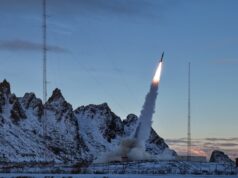
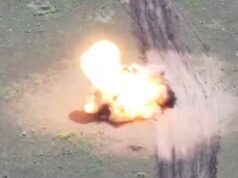

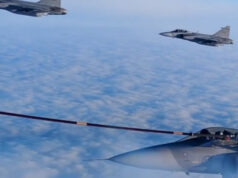
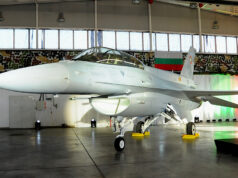

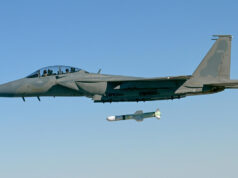

I still think of FOST as Flag Officer Sea Training.
Another pointless rebranding? What was the advantage in renaming it?
It’s really because Flag Officer is mainly an outdated expression, it’s when an Admiral used to hoist his Flag in his Flagship, these days it’s usually a commodore in charge (CSG 25 for instance).
It also reflects really the function of what they do by making sure a ship, its crew and officers are up to scratch, it’s a real gruelling process and not everyone passes. I seem to think it’s quite a nice little earner for the RN as it’s pretty well the Gold Standard for Naval Ops Training, lots of foreign navy’s send their ships and crews to go through it.
Hi mate.
Yes, i know, Thursday war and all that.
The RN is still the benchmark.
I support the org, just not endless rebranding.
Another small piece of the NMH helicopter jigsaw?
No